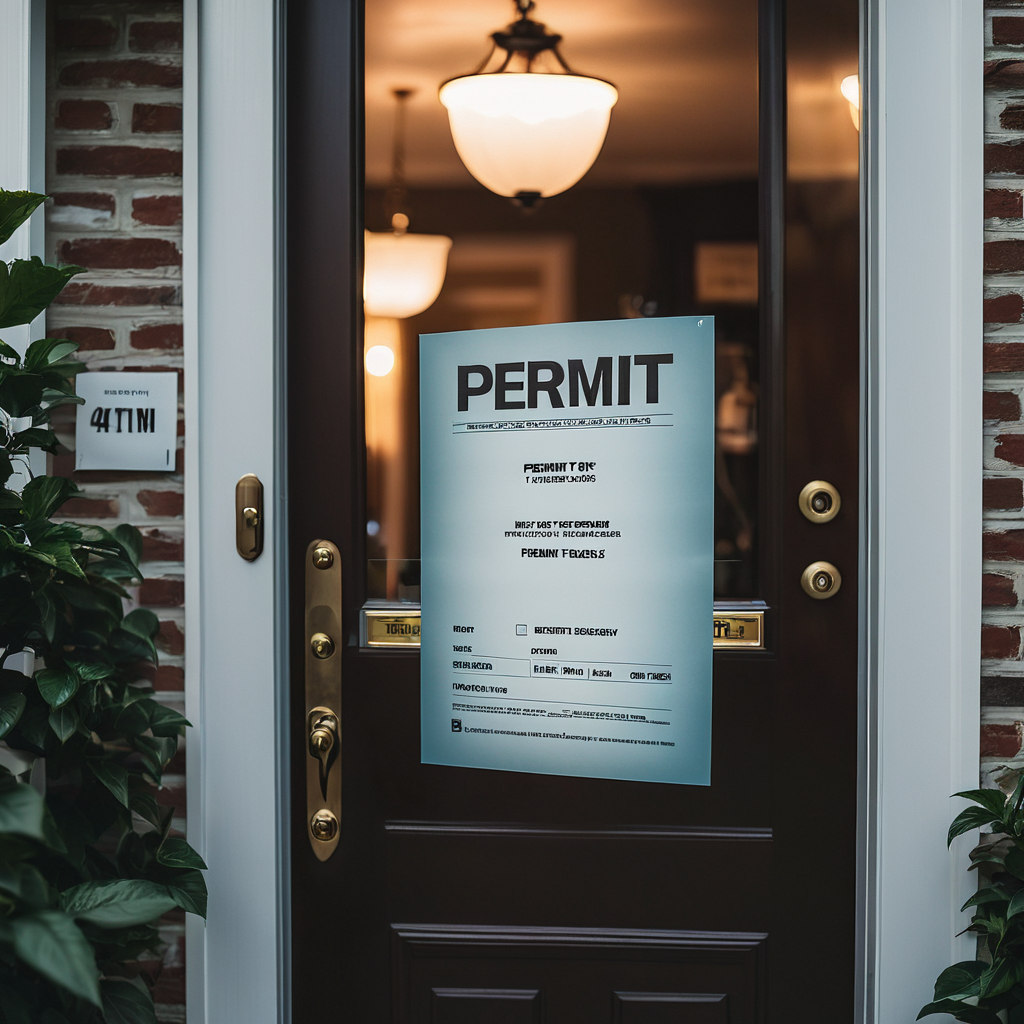
Building permits are a crucial aspect of the construction process, serving as official approval from local government authorities for proposed building projects. While obtaining building permits may seem like an additional bureaucratic step, they play a vital role in ensuring the safety, compliance, and quality of construction projects. In this article, we explore the significance of building permits and why they are necessary for all types of construction activities.
1. Ensuring Compliance with Building Codes and Regulations:
- Building permits are required to ensure that construction projects comply with local building codes, zoning regulations, and safety standards established by municipal authorities. By obtaining a building permit, property owners and contractors commit to following specific guidelines and requirements to safeguard the structural integrity and safety of the building.
2. Protecting Public Health and Safety:
- Building permits are essential for protecting public health and safety by ensuring that construction projects meet minimum standards for structural stability, fire safety, electrical wiring, plumbing systems, and accessibility. Permitting authorities review construction plans, conduct inspections, and enforce compliance to prevent potential hazards and risks to occupants and the community.
3. Preventing Costly Legal Issues and Penalties:
- Failure to obtain building permits can result in costly legal issues, fines, penalties, and delays in construction projects. Non-compliance with building codes and regulations can lead to enforcement actions, stop-work orders, and potential liability for property owners, contractors, and developers, impacting project timelines and budgets significantly.
4. Facilitating Quality Control and Accountability:
- Building permits facilitate quality control and accountability in construction projects by requiring contractors to adhere to approved plans, specifications, and standards. Permitting authorities conduct inspections at various stages of construction to verify compliance, identify deficiencies, and ensure that work is done correctly and up to code.
5. Protecting Property Values and Investments:
- Building permits help protect property values and investments by ensuring that construction projects are completed in a professional, safe, and compliant manner. Properly permitted buildings have documented approvals, inspections, and certifications that enhance their marketability, resale value, and long-term durability for property owners and buyers.
6. Supporting Urban Planning and Development Goals:
- Building permits support urban planning and development goals by regulating land use, construction activities, and building design in accordance with local ordinances and master plans. Permitting authorities review proposed projects for compatibility with zoning requirements, environmental regulations, and community aesthetics to promote sustainable growth and development.
In conclusion, building permits are essential for regulating, overseeing, and approving construction projects to ensure compliance with building codes, protect public health and safety, prevent legal issues, and promote quality construction practices. Property owners, contractors, and developers should recognize the importance of obtaining building permits for all types of building activities, from minor renovations to major new construction, to uphold standards of excellence, professionalism, and accountability in the dynamic and evolving construction industry. By understanding the significance of building permits and following the proper permitting process, stakeholders can navigate construction projects successfully, mitigate risks, and contribute to the overall safety, integrity, and sustainability of built environments in their communities.
